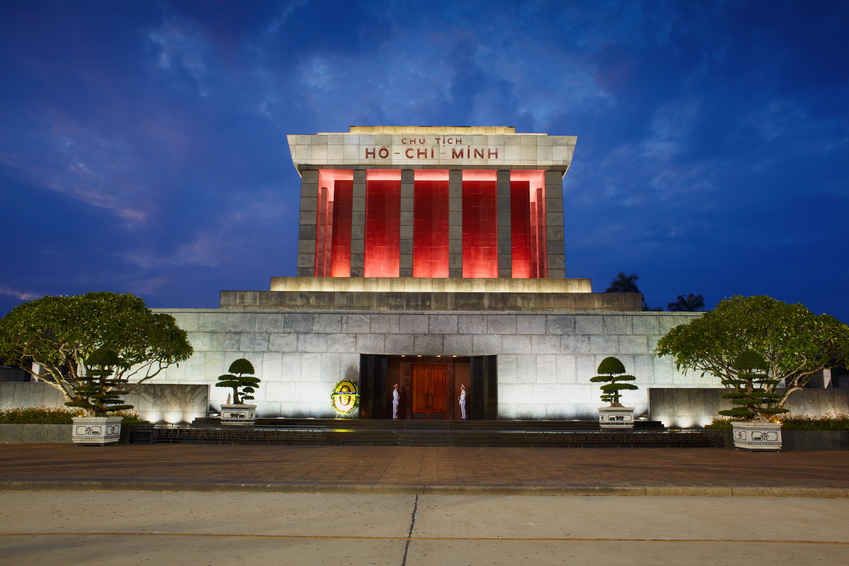In brief
The National Assembly of Vietnam, at its recent 10th meeting, has adopted the new Law on Environmental Protection (“New Law”) following the proposal of the Ministry of Natural Resources and Environment of Vietnam (MONRE).1 The New Law represents the most significant modernization of the environmental law regime of Vietnam since the first law on environmental protection in 1993. It will take effect on 1 January 2022 and will replace the current 2014 Law on Environmental Protection (“Current Law“).
Key takeaways
Vietnam is moving in the direction of harmonizing its laws with international rules and practices. The New Law provided much more details for implementation, as opposed to simply providing overarching regulations and policies. New legal requirements and procedures were also introduced which businesses will be expected to familiarize themselves with, from waste management to environmental permits.
Compared to the Current Law, the New Law proposes, among other things, the following important legal changes:
- A new master license is proposed to replace a number of environmental permits (“Environmental License“), as well as a new procedure for environmental registration, with a goal on downsizing administrative procedures by 40%.
- A narrower range of projects (i.e., those that use large areas of land/water and produce adverse effects on the environment/landscape, as well as those that generate large quantities of waste) may be subject to an environmental impact assessment report (EIAR), but businesses will be subject to more responsibility to supplement, complete and comply with the environmental requirements of their EIARs.
- A wider range of wastes and environmentally harmful products/goods may be subject to environmental protection taxes as opposed to current regulations; this is likely to include some categories of industrial wastewater. Businesses will additionally be subject to recycling or monetary compensation obligations with regard to certain products and packaging.
- The first introduction of a concrete policy on an emissions trading system and carbon tax. In theory, businesses would be allocated their own emissions quota that can be sold, gifted or transferred on a market-based trading system.
Click here to access the full alert.
1 These are laid out in several laws, including the Current Law, the Law on Water Resource (2012) No. 17/2012/QH13 and the Law on Irrigation (2017) No. 08/2017/QH14.





